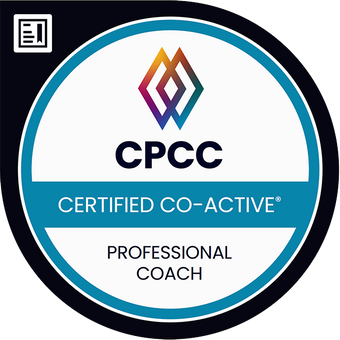Code of conduct
Who has never stumbled upon a family code or school rules? Every answer will be different. Anyone who participates in economic coexistence will follow one or more codes of conduct. Whether in the company for which we work or in the profession that requires additional regulation of standards. Examples are the public accountants and the Fraud Investigators (CFE) of the Association of Certified Fraud Examiners (ACFE) with the Code of Ethics.
What exactly is a code of conduct? In the environment, how and where I work, it is an essential component of the Compliance Management System (CMS). It defines bindingly what has to be implemented by the employees of a company or organization.
Question: What does the code of conduct say?
It must come sooner or later, this question about the code of conduct and its content. Preventive, if the code of conduct is designed in such a way that it can have an effect. Revealing or already investigative when it comes to identifying violations of the code of conduct. As part of my work as an expert on non-compliance and white-collar crime, this is unavoidable – depending on the context.
The practice shows a complex picture of answers and can be represented in the following decision tree:

HAVE: The first question aims to know whether a code of conduct exists. What I often see is that our eyes are already directed towards the ceiling on this question and then the answer comes: “Yes, we have such a code of conduct in our company”.
TO KNOW: It gets more difficult when it comes to remembering what is written in this code of conduct. Herewith that question I would like to offer you a helping hand. I just need to know the essential cornerstones that are so important to the company that they are regulated in a code of conduct. In practice: “Difficult question. I’d have to look”.
UNDERSTAND: This last point for the effective and preventive implementation of a code of conduct is in practice high-level – undisputed. But it is precisely this step from “knowing” to “understanding” that is indispensable in order to achieve the desired effect of a code of conduct. Employees and business partners will not be able to implement it if they do not understand what is expected of them.
Moving towards an effective code of conduct
How do we build the bridge from “have” to “know” to “understand”? Very individual. No, there is no standardized questionnaire and the topic is done within an hour. The solution requires a question that is individually adapted to the organization. Of course, in a structured and tested process. However, individualized to the organization and its business model. The simple copying of the existing code of conduct – which can be found on the web in abundance – does not have the desired effect. At the latest when the bridge between “knowing” and “understanding” is to be built, practical examples are missing to show employees how to implement the requirements of the code of conduct. How they have to react to dilemma situations, how they receive support in the form of tools and personal support within the organisation.
“Code of conduct: motive instead of alibi”.
I am convinced that with the knowledge about these core elements no code of conduct will become a pure alibi, but a signpost that will be correctly understood and (hopefully!) implemented by all those involved.
Like a rack-wheel, the code of conduct builds the connection between the different disciplines of a successful business model.
In that sense, your
Sonja Stirnimann




